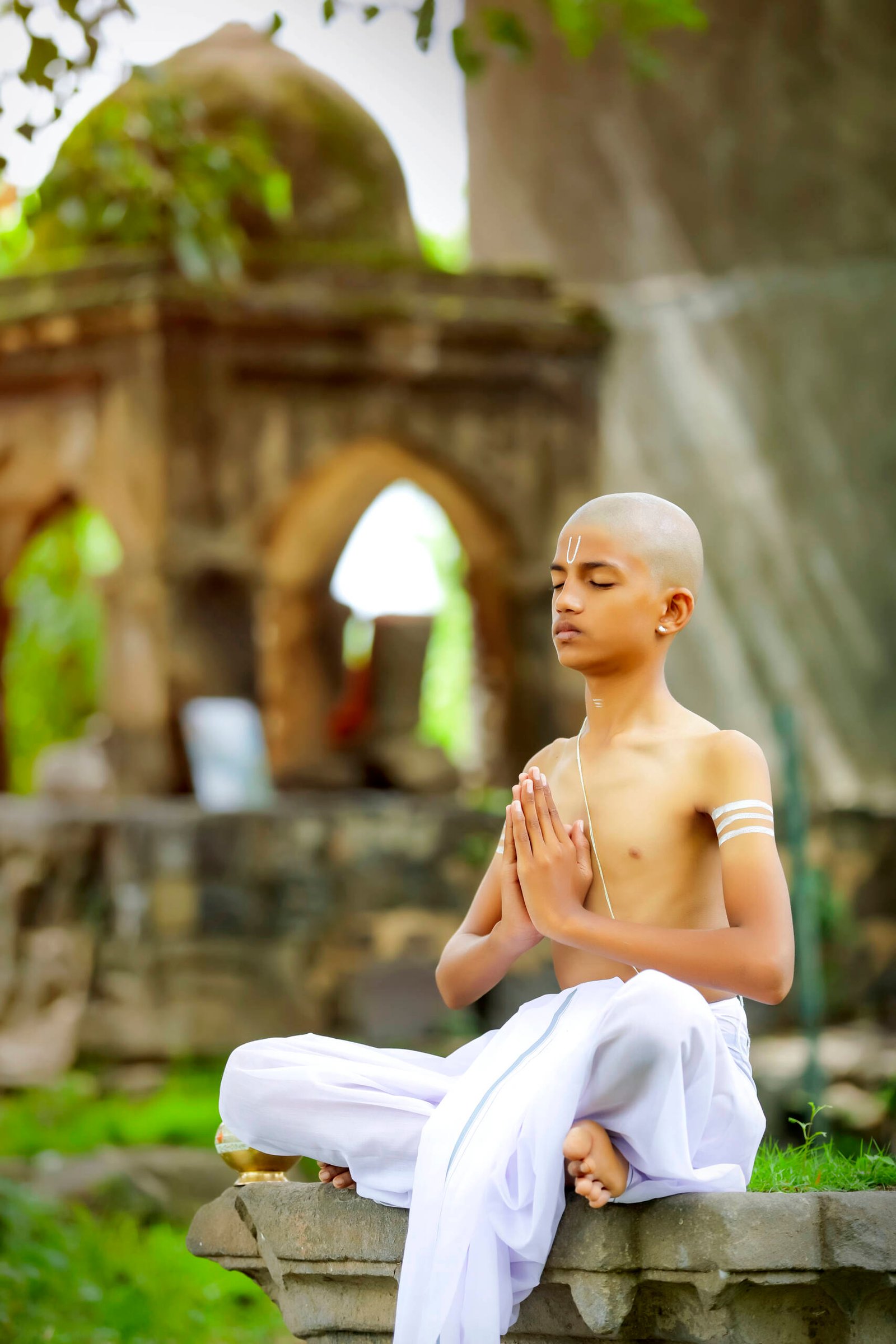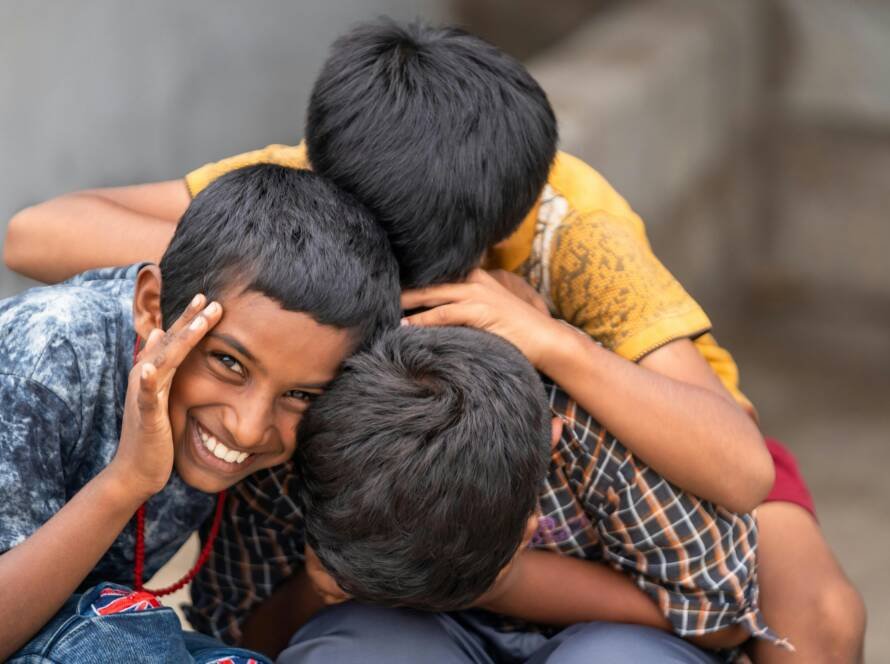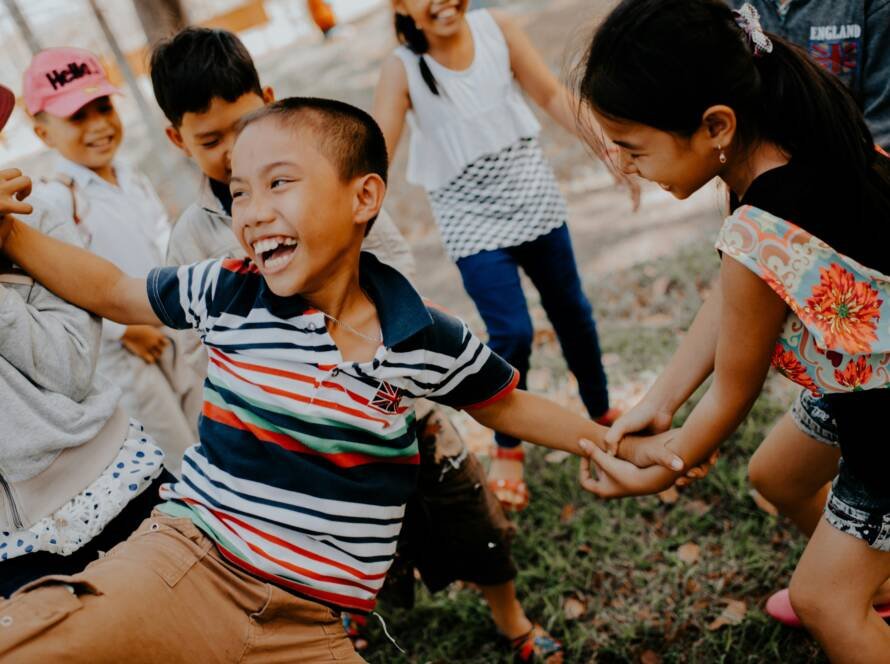Ancient Wisdom Meets Modern Metrics: Indic Frameworks for Holistic Assessment
For centuries, Indian education viewed learning not as a race to the top, but as a journey inward. The goal was not to simply produce scholars, but to nurture human beings — wise, grounded, and in harmony with themselves and the world around them. In those quiet spaces of learning — under trees, in gurukulas, in community gatherings — assessment wasn’t a number. It was an understanding. A reflection. A way to see the learner as a whole person.
Today, as we rethink assessment in the light of NEP 2020, we are invited to return to this deeper purpose — to move beyond marks and metrics, and towards something more meaningful. Something more human.
The Shift from Scoring to Seeing
Traditional assessments, particularly in the modern schooling system, have long measured what’s easy to test — facts recalled, answers written, and skills performed. But the real growth of a learner — in character, empathy, self-awareness, and wisdom — often lies beneath the surface.
Ancient Indian systems understood this well. Education wasn’t just about the intellect (buddhi); it also embraced the emotional (bhava), the ethical (dharma), the physical (sharira), and the spiritual (atma). Assessment, therefore, was never separate from life. It emerged naturally from observation, dialogue, experience, and reflection — not timed tests or fixed rubrics.


What Can Indic Frameworks Teach Us Today?
NEP 2020 speaks of transforming assessment into a tool for continuous, comprehensive growth — one that reflects the learner’s journey rather than just the outcome. This vision aligns beautifully with Indic philosophies of education. Here are a few timeless principles that can shape modern holistic assessment:
-
Learning Through the Fourfold Path (Shravana, Manana, Nididhyasana, Anubhava)
Learning was seen as a layered process — listening with attention, reflecting deeply, internalising meaning, and then embodying it through action. Assessments can follow the same flow — checking not just what was taught, but what was truly understood and lived.
-
Trikarana Suddhi: Unity of Thought, Word, and Action
The harmony between what one thinks, says, and does was considered a sign of true learning. This invites us to assess not just academic achievement, but alignment in values, consistency in behaviour, and authenticity in interactions.
-
Observation and Reflection Over Testing
In gurukulas, teachers carefully observed learners over time — in discussion, in conduct, in service. Peer feedback and self-reflection were integral too. These elements are echoed in today’s 360-degree assessments, where learning is visible not only in exams, but in relationships, choices, and effort.
-
Valuing Multiplicity (Anekāntavāda)
Indic thought embraced multiple perspectives and interpretations. This opens the door to assessments that honour different voices — especially in humanities, arts, and ethics — where there may be more than one meaningful answer.
-
Character as the Core
In ancient education, the cultivation of values — satyam (truth), ahimsa (non-violence), dama (self-control), shraddha (dedication) — was central. These cannot be measured on a scale, but they can be nurtured and observed over time. Including them in assessments reminds us what true education is meant to nurture.
Blending the Timeless with the Contemporary
Today’s classrooms are different. We use data, dashboards, and digital tools. And yet, the heart of learning remains the same: connection, curiosity, and character. The challenge is to build assessment systems that blend both worlds — where modern metrics support, not replace, the deeper insight that ancient practices offer.
Modern assessment tools — rubrics, portfolios, performance tasks, learning analytics — can be powerful. But when rooted in ancient Indian principles, they gain soul. A reflective journal becomes more than a writing task — it becomes manana. A collaborative project becomes more than group work — it becomes a test of sahridayata (shared empathy). A student-teacher dialogue becomes samvaad — a sacred space for understanding.
2020 Vision: An Opportunity to Reimagine
NEP 2020 has opened a powerful door. It urges us to move towards competency-based, formative, and holistic assessments, aligned with the learner’s pace, potential, and passions. It encourages schools to integrate India’s knowledge systems and cultural heritage into both curriculum and evaluation.
This is not just about changing tools — it is about changing mindsets. Seeing assessment not as a judgment day, but as a mirror held up gently and respectfully, allowing learners to see themselves — who they are, how far they’ve come, and where they’re headed.
Redefining What We Measure — and Why
Not everything that matters can be measured. But what we choose to measure reflects what we truly value. If our assessments continue to prioritise speed over depth, and memory over meaning, we risk losing the essence of education.
Indic frameworks remind us that real learning is slow, subtle, and deeply personal. It unfolds over time, often in silence. It shows up not just in exams, but in choices made when no one is watching.
A holistic assessment system — informed by these values — will not simply test what children know, but illuminate who they are becoming.
Returning to Wholeness
We stand at a powerful juncture — a moment where we can redesign education to reflect the best of both worlds. Our ancient wisdom traditions, rich in philosophy and pedagogy, are not outdated relics. They are blueprints for a more compassionate, meaningful, and inclusive education.
By blending ancient insights with modern tools, we can reimagine assessment not as an act of evaluation, but as a celebration of growth. Not as a stamp of worth, but as an invitation to evolve.
When we learn to measure the mind and the heart together — with honesty, with humility, and with hope — education finds its wholeness once again



